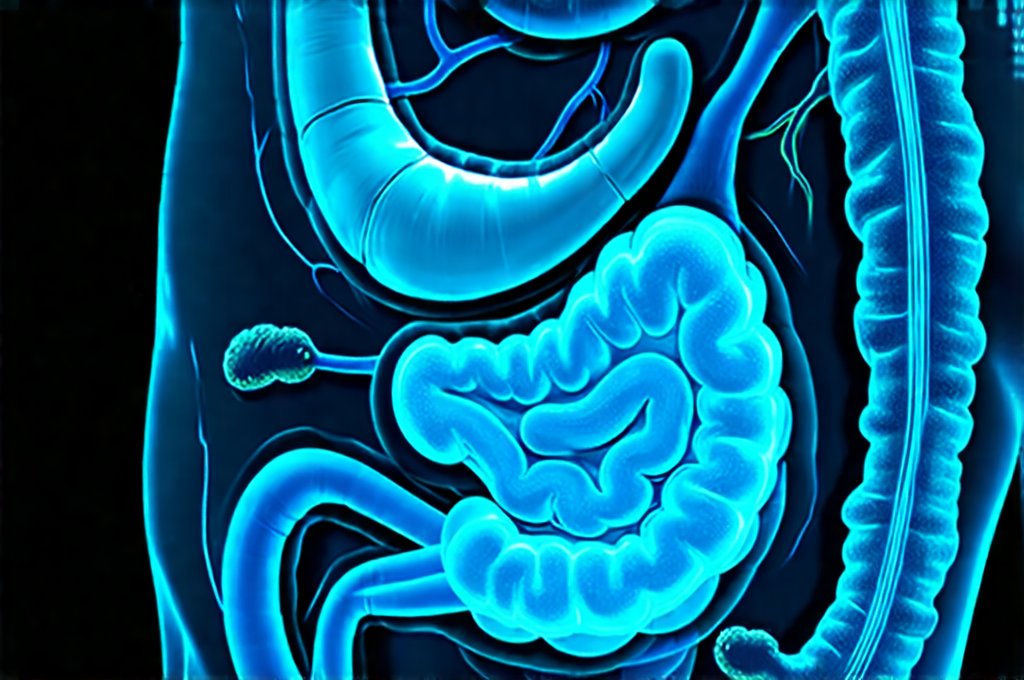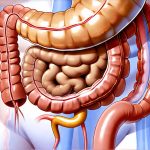Digestive issues are often dismissed as minor inconveniences – a little bloating here, occasional heartburn there. We tend to self-treat with over-the-counter remedies, hoping the problem will resolve on its own. While many digestive discomforts are transient and easily managed, persistent or unusual symptoms can signal underlying problems that require professional investigation. Ignoring these signals can lead to chronic conditions and significantly impact your overall health and well-being. It’s crucial to understand that the gut is central to numerous bodily functions beyond just food processing; it plays a vital role in immunity, nutrient absorption, mental health, and even hormone regulation.
The complexity of the digestive system means there’s often overlap between symptoms, making self-diagnosis unreliable. What appears as simple indigestion could be an early sign of something more serious. The key isn’t to panic at the first hint of discomfort, but rather to recognize patterns, listen to your body, and seek medical attention when those patterns suggest a deeper issue. This article will explore some often overlooked signs that may call for advanced digestive diagnostics, empowering you to advocate for your health and proactively address potential concerns. We’ll focus on recognizing subtle cues that go beyond typical discomforts and indicate the need for further investigation by a healthcare professional.
Recognizing Subtle Signals: Beyond Basic Discomfort
Many people delay seeking help because they assume their digestive issues are “just part of life” or fear unnecessary testing. However, advanced diagnostics can provide valuable insights into the root cause of chronic problems, leading to targeted treatment and improved quality of life. It’s important to remember that persistent symptoms are more concerning than isolated incidents. A single episode of bloating after a rich meal is unlikely to warrant investigation, but consistent bloating, even with dietary adjustments, should raise a red flag. Similarly, changes in bowel habits – whether constipation, diarrhea, or alternating between the two – that persist for weeks should be evaluated.
These subtle signals often get dismissed as stress-related or attributed to diet, leading to delayed diagnosis. Other frequently overlooked signs include unexplained weight loss despite normal appetite, chronic fatigue not relieved by rest, and skin rashes or other seemingly unrelated symptoms that could indicate a link to gut health. Feeling full quickly (early satiety) even after eating small amounts of food is another sign that deserves attention. It’s vital to track your symptoms – when they occur, what seems to trigger them, and how long they last – this information will be invaluable to your doctor during the diagnostic process. Consider exploring how to test for hidden triggers if you’re unsure where to begin.
Finally, don’t underestimate the power of intuitive signals. If something just feels “off” with your digestion, even if you can’t pinpoint a specific symptom, trust your gut (pun intended!). It is better to get checked and rule out any serious issues than to ignore your instincts and potentially allow a condition to progress undetected. Focusing on small wins can also help reduce anxiety during this process.
When To Seek Advanced Diagnostics: The Spectrum of Tests
Advanced digestive diagnostics go beyond the standard physical exam and may involve a range of tests designed to identify specific problems. These can include blood tests to check for inflammation markers, nutrient deficiencies, or signs of infection; stool tests to analyze gut microbiome composition and detect parasites or undigested food; and imaging techniques like colonoscopies, endoscopies, and CT scans to visualize the digestive tract and identify abnormalities. The choice of test depends on your specific symptoms and medical history.
The decision to pursue advanced diagnostics should be made in consultation with a healthcare professional. They will assess your symptoms, perform an initial examination, and determine which tests are most appropriate. It’s important to understand that these tests aren’t meant to scare you, but rather to provide clarity and guide treatment decisions. For example, a colonoscopy isn’t just for detecting cancer – it can also help diagnose inflammatory bowel disease (IBD) or identify polyps that could potentially become cancerous in the future.
A breath test is another less-invasive diagnostic tool used to detect conditions like Small Intestinal Bacterial Overgrowth (SIBO). This test measures hydrogen and methane levels in your breath after consuming a specific sugar solution, indicating if there’s an excessive amount of bacteria in the small intestine. The goal isn’t just diagnosis but also developing a personalized treatment plan addressing the underlying cause of your digestive distress, rather than merely masking symptoms with medication. You may find herbal remedies helpful in managing some symptoms while undergoing diagnostics.
Identifying Underlying Inflammatory Processes
Chronic inflammation is often at the root of many digestive disorders. While blood tests can reveal general markers of inflammation like C-reactive protein (CRP) and erythrocyte sedimentation rate (ESR), more targeted tests are needed to pinpoint the source within the digestive system. – Calprotectin in stool is a highly sensitive marker for intestinal inflammation, particularly useful in differentiating between IBD and irritable bowel syndrome (IBS). – Endoscopy with biopsy allows direct visualization of the digestive tract lining and collection of tissue samples for microscopic examination, helping to identify signs of inflammation, ulcers, or other abnormalities. – Capsule endoscopy involves swallowing a small camera that transmits images of the entire small intestine, which is often difficult to access with traditional endoscopes.
Inflammation isn’t always visible; sometimes it manifests as malabsorption – where your body struggles to absorb essential nutrients from food. This can lead to deficiencies and contribute to fatigue, weakness, and other health problems. Identifying the specific inflammatory processes at play allows for targeted interventions like dietary changes, anti-inflammatory medications, or supplements to support gut healing. Focusing on meal timelines can help minimize inflammation triggers.
Uncovering Microbiome Imbalances: The Gut-Brain Connection
The gut microbiome – the trillions of bacteria, fungi, viruses, and other microorganisms that live in your digestive tract – plays a crucial role in overall health. An imbalance in this ecosystem (dysbiosis) can contribute to a wide range of digestive symptoms and even impact mental health. – Stool testing provides detailed information about the composition of your gut microbiome, identifying beneficial bacteria as well as potentially harmful ones. This allows for personalized recommendations to restore balance through dietary changes, probiotics, or prebiotics.
The link between the gut and brain is increasingly recognized; a healthy gut microbiome can positively influence mood, cognitive function, and stress resilience. Conversely, imbalances in the gut microbiome have been linked to anxiety, depression, and other mental health conditions. Addressing these imbalances can be an important part of holistic wellness. – Functional testing like organic acid testing (OAT) can also provide insights into microbial activity and identify potential metabolic imbalances. Planning daily eating maps may aid in a healthier microbiome.
Detecting Food Sensitivities & Intolerances: Beyond Allergies
Food allergies involve a rapid, immune-mediated response to specific foods. However, food sensitivities are different – they don’t trigger an immediate allergic reaction but can cause delayed digestive symptoms like bloating, gas, diarrhea, or skin rashes. – Elimination diets, guided by a healthcare professional, can help identify potential food triggers by systematically removing and reintroducing foods.
- Food sensitivity testing (IgG antibody testing) is controversial; its reliability is debated among medical professionals. However, it may provide some clues for identifying potential problem foods that warrant further investigation through an elimination diet. Lactose intolerance and celiac disease are two common examples of food intolerances requiring specific diagnostic tests – a lactose hydrogen breath test and blood tests/biopsy respectively. Identifying these sensitivities allows you to modify your diet and reduce digestive discomfort, improving overall well-being. It’s important to note that self-diagnosing food sensitivities can be inaccurate; professional guidance is crucial for avoiding unnecessary dietary restrictions and ensuring adequate nutrition. Prep-ahead meals can make managing a restricted diet easier.


















